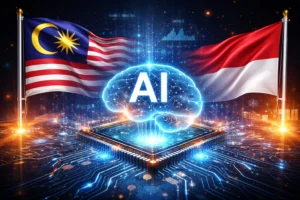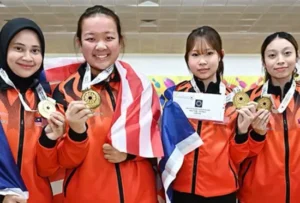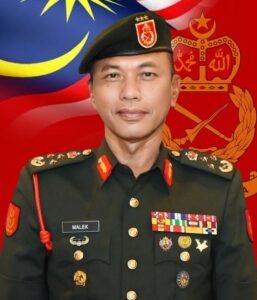Anwar Ibrahim Calls for Inclusive Reforms in UN Security Council at G20 Summit

Rio de Janeiro, The Gulf Observer: Prime Minister Datuk Seri Anwar Ibrahim has called for urgent reforms to the United Nations Security Council (UNSC), emphasizing the need for more inclusive representation. Speaking at the second session of the “Reform of the Institutions of Global Governance” at the G20 Summit, Anwar criticized the existing structure of the UNSC, particularly the veto power held by the five permanent members, or P5 — China, France, Russia, the United Kingdom, and the United States.
Anwar highlighted the absence of representation from key regions, notably Latin America and Africa, which he described as “grossly unfair.” He argued that reforms to the UN, which have been discussed for over fifty years, should prioritize humanitarian values and democratic principles of representation. “There’s no representation from Africa, no representation for Latin America, who cares?” Anwar said, stressing the need for the inclusion of these underrepresented regions in global decision-making processes.
He further noted that the reform of the UN must go beyond structural changes, aligning with the ideals of fairness and global cooperation. “We are talking about ideals, humanity, humanitarian values,” he stated, emphasizing that the UNSC should reflect the realities and demands of the 21st century.
Anwar’s remarks align with the G20 Rio de Janeiro Leaders’ Declaration, which underscores the need for a transformative reform of the UNSC. The proposed changes aim to make the council more representative, inclusive, efficient, effective, and accountable. A key focus of the reform is to improve the Security Council’s transparency and working methods, ensuring better responsibility-sharing among all UN members.
The G20 declaration also advocates for an expanded Security Council composition, which would improve the representation of underrepresented and unrepresented regions and groups, including Africa, Latin America, and the Asia-Pacific. This aligns with Anwar’s call for a more democratic and inclusive global governance structure.


